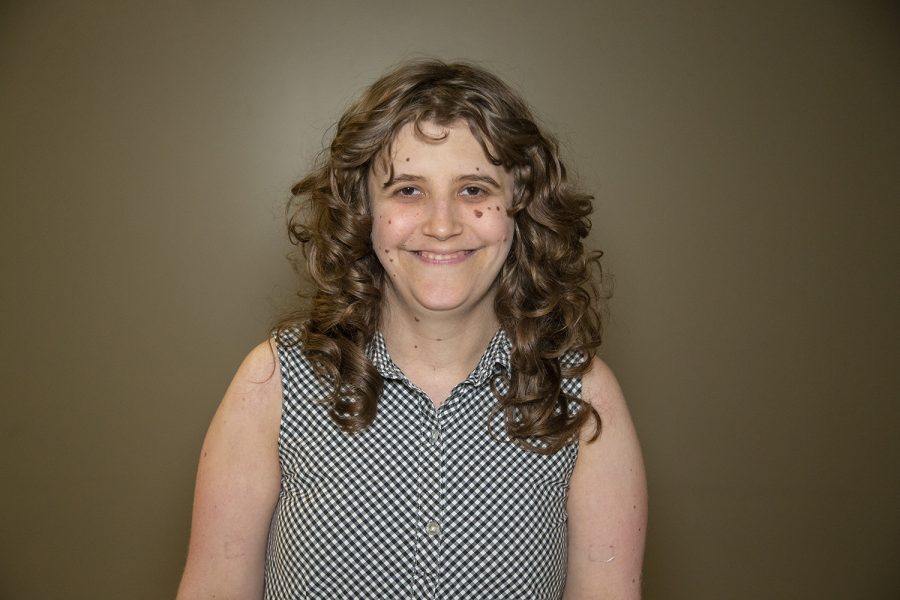Opinion | Bodyshaming is more than just cruel words
Insulting someone’s appearance can be far more damaging than you may believe.
August 30, 2020
Treating others how you want to be treated, though taught from an early age, has yet to be learned.
Lizzie Velasquez, a motivational speaker with a genetic disorder, shared a prank a mom made on TikTok. She used Velasquez’s photo to convince her son she was FaceTiming Velasquez. She captured her son’s scared reaction to being told Velasquez was his new teacher.
This is an example of body shaming, criticizing someone based on the shape, size, and appearance of their body.
Regardless of which forms it takes, body shaming is too hurtful and embarrassing to continue. It can cause or trigger depression, anxiety, and eating disorders. People with a history of trauma, low self-esteem, and borderline personality disorders are likely to self-harm due to body shaming.
This experience obviously hurt Velasquez’s feelings or she would not be using it to urge parents to teach their kids empathy and how they should not be afraid of people solely on the basis of their looks.
There are many ways to stop body shaming, but it begins with Velasquez’s story.
The mom should send her an apology and explain to her son what they did was wrong. Social media platforms should delete and ban body shaming content.
Kids should learn about the harmful effects of body shaming in school. Not only can it lead to increased risks of suicide for overweight teens, but even those who just perceive themselves as overweight, according a 2007 behavioral survey published by the National Library of Medicine.
Media can better portray characters who are overweight or look different through showing the person instead of the caricature. How many overweight characters exist in media that aren’t just there to make jokes at their expense?
It is possible people body shame others because of insecurity. Someone’s beauty or success should not keep you from realizing yours. Stop comparing your body, looks, and weight to others. None of that defines you. You are valuable, loved, and beautiful just the way you are.
Some people might think that shaming others for being overweight is the right thing to do. After all, how else will they find the motivation to be healthy if they’re not publicly shamed?
Unsurprisingly, it doesn’t help.
Fat shaming does not help anyone with a perceived weight issue, according to a meta-study conducted by Michigan Health. While it might be intuitive that shaming would be encouraging, that is simply not the case.
We are special and needed because of what is inside. Let’s use our online and offline interactions with and conversations about others to help them see the good, worth, and humanity we all have.
Instead of feeling good about ourselves by bringing others down, we should build others up through kindness, empathy, and compassion. This will truly give us something to feel good about.
Body shaming will stop if we start judging people and ourselves by acts instead of looks, popularity, and social media analytics.
Velasquez was brave and went public with this experience. Her heart, strength, and story have the potential to make the world a better place.
Contrast her likability with that of the mom who pulled a mean prank and — on top of hurting someone’s feelings — sent a bad message to her son. She is probably a good person who could have shown it by teaching her son Velasquez deserves acceptance and respect.
Embrace your uniqueness. You won’t reach your full potential by comparing yourself to others. See your beauty and help others discover theirs. Spread positivity instead of shame.
Columns reflect the opinions of the authors and are not necessarily those of the Editorial Board, The Daily Iowan, or other organizations in which the author may be involved.




